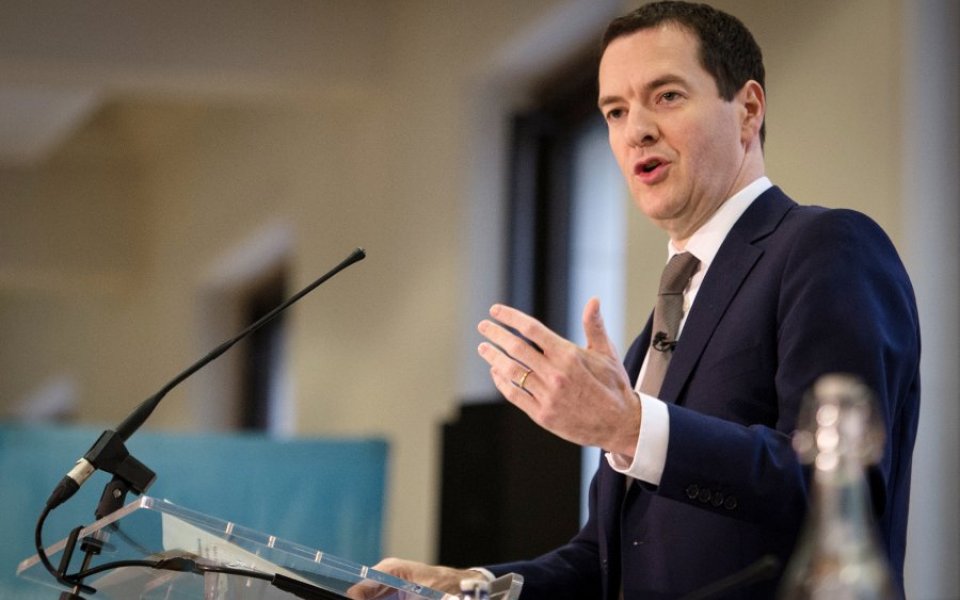UN Security Council urged to do more as George Osborne vows to choke off funding for Isis

In an unprecedented move, chancellor George Osborne met with finance ministers from members of the UN Security Council in New York today as part of an international effort to choke off sources of funding for the so-called Islamic State (Isis) and other terrorist groups.
But while the meeting – the first of finance ministers since the Security Council was set up in 1945 – was heralded as a major step forward in efforts to counter terrorist financing, experts told City A.M. it was unlikely to lead to meaningful change in the short-term.
A draft resolution seen by the Associated Press said that “any individual, group, undertaking or entity supporting Isil or al-Qaida” would be subject to UN sanctions, including an asset freeze, travel ban and arms embargo.
US ambassador to the UN Samantha Power, who called the meeting, said the resolution would “require countries to do more than they have been doing” while Osborne said ahead of the meeting that the UK and its international partners “must act now to do more to stop the illegal funding of terrorist organisations like Da’esh who want to destroy all that we stand for”.
But Tom Keatinge, director at the Royal United Services Institute (RUSI) Center for Financial Crime and Security Studies, told City A.M. that the draft resolution – which encouraged member states to “more actively submit” names for inclusion on the sanctions list and “move vigorously and decisively to cut the flows of funds and other financial assets and economic resources” – was a “rehash of previous resolutions”.
“This is effectively last night’s dinner reheated,” he said. “It’s a repackaging of concepts that have been in previous security council resolutions.
“The UN has to be seen to do something,” he added.
“Fundamentally, nothing will change until at the operational level there is a proper assessment of how one disrupts terrorist financing.”